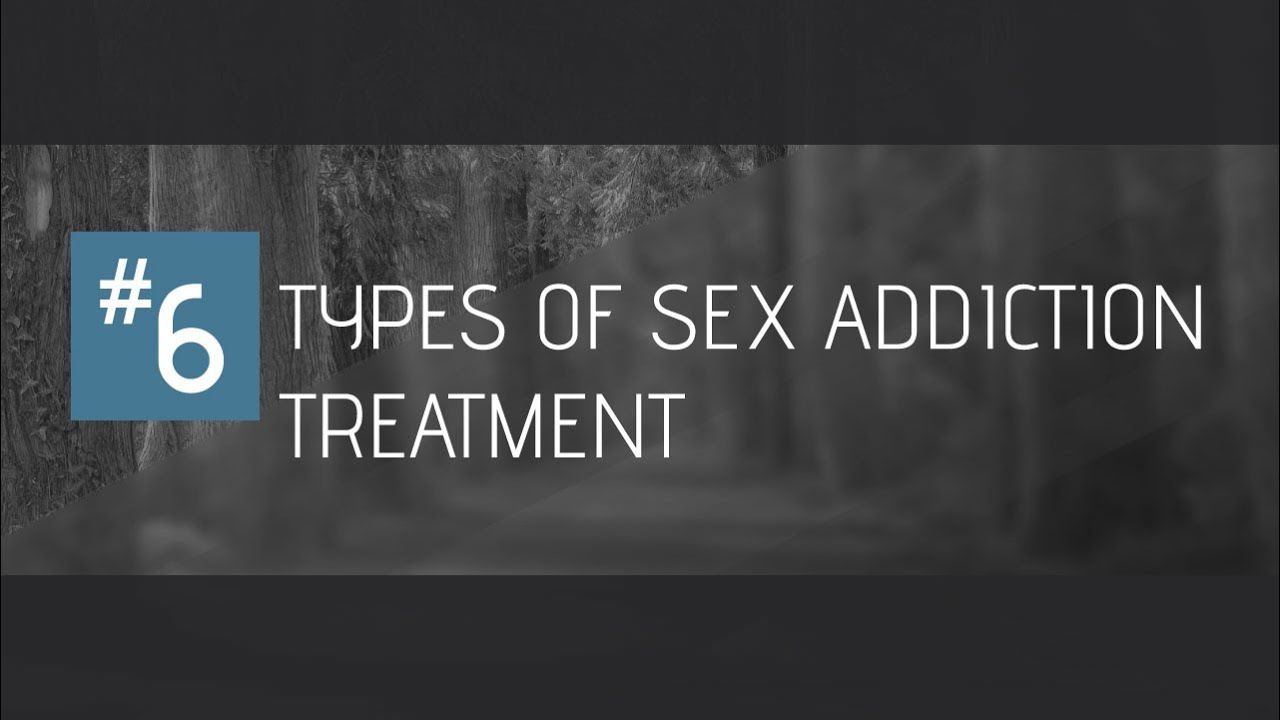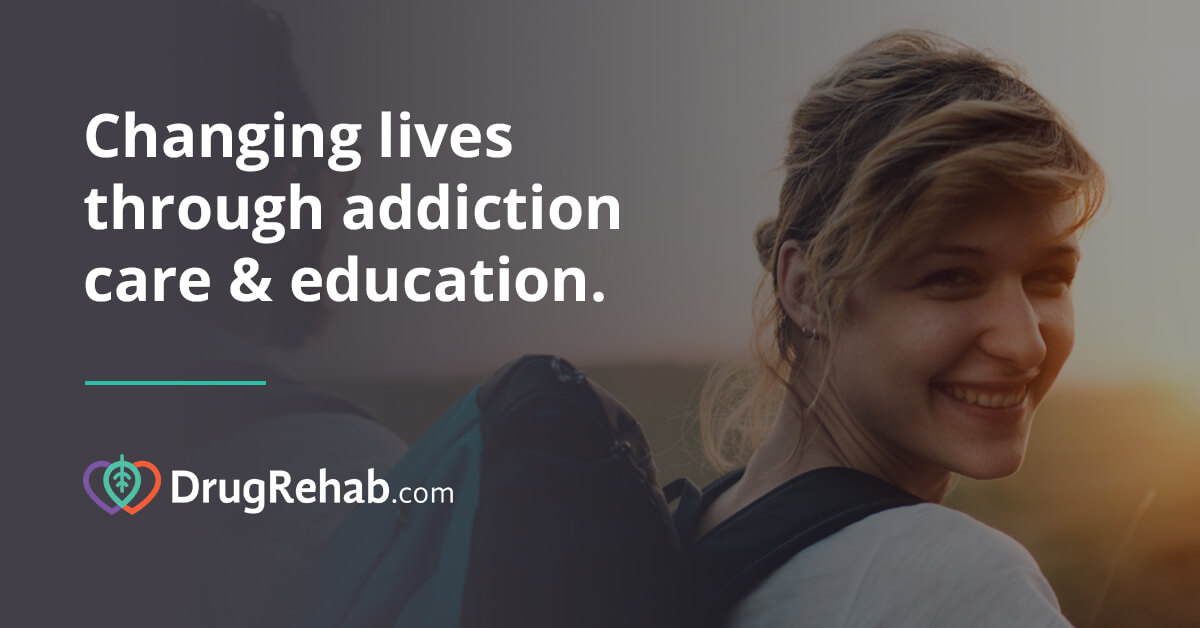What Disorders Are Observed In More Than 40% Of People In Addiction Treatment Centers. for Beginners
The secret is getting tailored treatment that is extensive and integrated. When long-term assistance, along with healing and spiritual interventions are applied, individuals struggling to conquer addiction do recuperate. Psychological, physical, and spiritual health is central to recovery. Questions about drug dependency and treatment? Call 844-843-8935. Regardless of their finest intentions to remain in control of their habits, there are repetitive episodes with more negative effects. In some cases the person is conscious of this lowered control. Other times they might deceive themselves about how simple it would be to give up "anytime I wish to." Eventually everybody needs to make their own decision about whether to alter a particular habits.
They frequently need a lot more effort and decision than somebody recognizes. Friends and family are less easily deceived. These episodes of lowered control are more obvious to other individuals. Household and friends typically question, "Well since you appear to think you can manage this behavior, why don't you ?!" An individual in relationships with someone who is establishing an addiction can feel betrayed.
Their "choices" seem to be incompatible with their usual objectives, dedications, and worths. If a buddy or relative tries to address this pattern (" Don't you recognize you have a significant problem and you need to quit?!") the result can simply as quickly become a significant argument instead of a significant change of habits.
" I wouldn't have to consume a lot if you weren't such a nag." Rather of confessing an issue exists, a person establishing a dependency might reject the existence of any issues. On the other hand, they may recommend their "complaining" partner exaggerated the issue, and even caused the problem. It is frequently difficult to identify whether individuals truly believe these ideas, or are simply unwilling to deal with the frightening idea that they might have an issue.
After sufficient damaged guarantees to alter, pledges are no longer credible. Family and pals settle into anticipating the worst and trying to live with it. Additionally, they might actively express their genuine anger and disappointment. The arguments and stress can be severe. The definition of dependency: Dependency is repeated involvement with a substance or activity, in spite of the substantial damage it now triggers, The definition of dependency includes 4 key parts.
You may begin to question why they begin in the very first location. Why would someone want to do something that produces harm? The response is deceivingly easy: because at very first it was enjoyable, or a minimum of valuable. The addicted individual might discover it "important" because it decreased stress and anxiety. Maybe it offered a short-term escape from miserable scenarios or large boredom.
Facts About How To Get Help For Drug Addiction Without Insurance Revealed
In truth, people are genetically predisposed to duplicate things that are satisfying or produce pleasure as this ensures our really survival. Without this hereditary predisposition we would not consume or replicate. For that reason, just people with prior positive experiences with a compound or activity are vulnerable to developing a dependency.

If you do not like the taste of alcohol and how it makes you feel, will you continue to consume? So, addiction begins due to the fact that "it" was once pleasurable, satisfying, or important. Notice our definition consists of the idea that the compound or activity might no longer be pleasurable and/or valuable. In fact, in time many addictions become very undesirable.
An individual with an addiction uses a substance, or participates in a habits, for which the rewarding results provide an engaging reward to repeat the activity, regardless of harmful effects. Addiction may include the use of substances such as alcohol, inhalants, opioids, cocaine, and nicotine, or behaviors such as gambling. There is evidence that addicting behaviors share crucial neurobiological features: They extremely include brain paths of benefit and support, which include the neurotransmitter dopamine.
It is essential to understand that such brain modifications are reversible after the compound use or habits is stopped. Both compound use disorders and gambling habits have an increased likelihood of being accompanied by mental health conditions such as anxiety and stress and anxiety, or other pre-existing problems. Compound usage and betting disorders not just engage the exact same brain mechanisms, they react to a number of the exact same treatment approaches.
They are identified by impaired control over usage; social impairment, involving the interruption of daily activities and relationships; and yearning. Continuing usage is typically harmful to relationships as well as to responsibilities at work or school. Another identifying function of addictions is that people continue to pursue the activity in spite of the physical or psychological harm it sustains, even if it the Hop over to this website damage is worsened by duplicated use.
Since addiction affects the brain's executive functions, focused in the prefrontal cortex, individuals who establish an addiction may not know that their habits is causing issues on their own and others. With time, pursuit of the pleasant results of the substance or habits might control a person's activities. All dependencies have the capability to induce a sense of despondence and sensations of failure, in addition to embarassment and regret, however research study documents that recovery is the guideline rather than the exception.
The Ultimate Guide To Which Of The Following Is A Hallucinogen That Is Being Tested As An “Anti-addiction†Drug?
Individuals can achieve enhanced physical, psychological, and social operating on their ownso-called natural recovery. Others take advantage of the support of neighborhood or peer-based networks. And still others decide for clinical-based healing through the services of credentialed specialists. The road to recovery is seldom straight: Relapse, or recurrence of compound use, is commonbut certainly not completion of the road.
The National Institute of Substance Abuse (NIDA) defines dependency as a persistent, relapsing brain illness that is defined by compulsive drug looking for and usage, Mental Health Facility despite hazardous effects. 1 In the United States, 810% of people over the age of 12 are addicted to alcohol or other drugs. That's around 22 million people.
It can't be treated, however it can be handled with treatment. Other examples of persistent diseases include asthma, diabetes, and heart illness - how to gain weight after drug addiction. It is critical that treatment concurrently resolves any co-occurring neurological or mental disorders that are known to drive susceptible people to try out drugs and become addicted in the very first place.
3 Studies released in top-tier publications like The New England Journal of Medicine support the position that dependency is a brain disease - which of the following is not a possible sign of a drug addiction?. 4 An illness is a condition that changes the method an organ functions. Addiction does this to the brain, altering the brain on a physiological level. It literally modifies the way the brain works, rewiring its fundamental structure.
Although there is no remedy for dependency, there are numerous evidence-based treatments that are effective at handling the disease. Like all persistent diseases, addiction needs ongoing management that may consist of medication, treatment, and lifestyle change. As soon as in recovery from compound usage disorder, a person can go on https://b3.zcubes.com/v.aspx?mid=6099637&title=how-much-did-the-addiction-treatment-industry-spend-in-google-adwords-in-2016-for-beginners to live a healthy and effective life.
The human brain is wired to reward us when we do something enjoyable. Working out, consuming, and other satisfying habits straight linked to our health and survival activate the release of a neurotransmitter called dopamine. This not only makes us feel good, but it motivates us to keep doing what we're doing. what causes drug addiction.

Last updated